Know what’s' scary? Section 116(1)(g) of the Migration Act 1958. The Migration Act 1958 is a labyrinth, and this provision has the potential for a nightmare ending.
Section 116(1)(g) of the Migration Act 1958 with reference to Regulation 2.43(1)(oa) allows the Minister to cancel a person’s visa if the Minister is satisfied that the holder has been convicted of an offence against a law of the Commonwealth, a State or Territory (regardless of the penalty imposed (if any)).
………..
………..let that sink in for a moment………..
………..
………..
………..
What this means is that under section 116(1)(g) of the Migration Act 1958 and Regulation 2.43(1)(oa) the Minister can cancel a person’s visa if that person has been convicted of an offence against a law of the Commonwealth, a State or Territory. This is regardless of the penalty imposed, that is a term of imprisonment does not need to be imposed, nor a fine or court order (e.g. community service).
Note: this cancellation provision does not apply to all visas, only temporary visas (with the exception of the following visas: Subclass 050 (Bridging (General)) visa, a Subclass 051 (Bridging (Protection Visa Applicant)) visa or a Subclass 444 (Special Category) visa)). Although, this does not necessarily keep them safe as those visa holders could alternatively be cancelled under s116(1)(e) of the Migration Act - read more about this here and here.
This is an extremely low threshold and most convictions form sufficient grounds for the Minister to make a decision to cancel a visa. Based on our experience where there are grounds for visa cancellation, the Department will possibly (most probably) cancel that person’s visa. Although, it is possible to avoid visa cancellation provided a strong case is put forward and the decision maker is convinced that there are significant reasons for the visa not to be cancelled. The Department’s position is strict and most types of criminal offending is viewed extremely seriously by the Departmet.
If the Department cancels a visa that person will be deemed to be an “unlawful citizen” and as such be liable for immigration detention under s189 of the Migration Act 1958. There is an appeal avenue to the Administrative Appeals Tribunal (AAT) for review of that decision, but applications must be made within 7 working days and the filing fee of $1787 must be paid within those 7 working days.
Samuta McComber Lawyers is experienced in drafting responses to section 116 cancellation notices. We have had successes at both the initial response stage and appeals to the AAT. We would recommend engaging a lawyer for the initial response so that your response puts you in the best legal position to avoid visa cancellation and immigration detention.
Disclaimer: This does not constitute Immigration advice. Always seek advice legal advice from a registered migration agent and lawyer. Migration Law is constantly changing. This information is accurate only at the time of publication.

